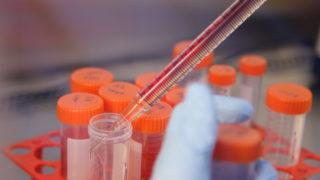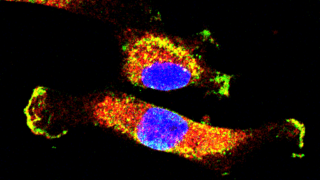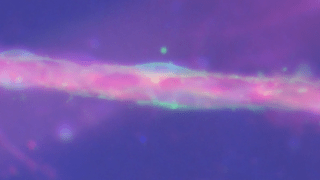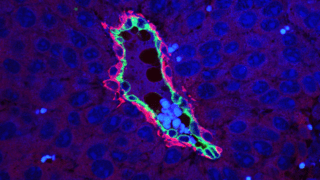Category: Publications
Search News
Categories
Archives
Proposed new surgery protocol for ovarian cancer
17th August 2020
For women at high risk of ovarian cancer, standard preventive practice is to offer removal of both the fallopian tubes and ovaries, but the surgery induces menopause in women who have not yet reached this stage of life. A proposed alternative two step surgical protocol, which delays the induced menopause caused by the removal of the ovaries, is highly acceptable to this premenopausal group of women.
Read moreBroadening cancer gene testing
21st July 2020
Screening entire populations for breast and ovarian cancer gene mutations could prevent millions more cancer cases across the world compared to current clinical practice, according to an international study led by Queen Mary University of London.
Read moreUnravelling the circuitry that controls cancer growth and spread
23rd June 2020
Research reveals novel insights into the molecular circuitry controlling cancer cell growth and spread. The findings highlight new pathways involved in these key processes of cancer progression that may represent targets for therapies.
Read moreBlood vessel protein has protective role in cancer
4th June 2020
A study has identified a novel mechanism that controls tumour growth, involving a particular protein expressed by specialised cells within tumour blood vessels.
Read moreCovid-19 and blood cancer
3rd June 2020
One of the first studies to investigate the outcome of Covid-19 infection in patients with blood cancer has been conducted by clinical researchers from Barts Cancer Institute, Queen Mary University of London, and Barts Health NHS Trust.
Read morePericytes and control of cancer growth
29th May 2020
New study reveals novel insights into the role of blood vessels within the tumour microenvironment in the regulation of cancer growth. Understanding this relationship better may provide new avenues that can be explored for cancer therapies.
Read more





